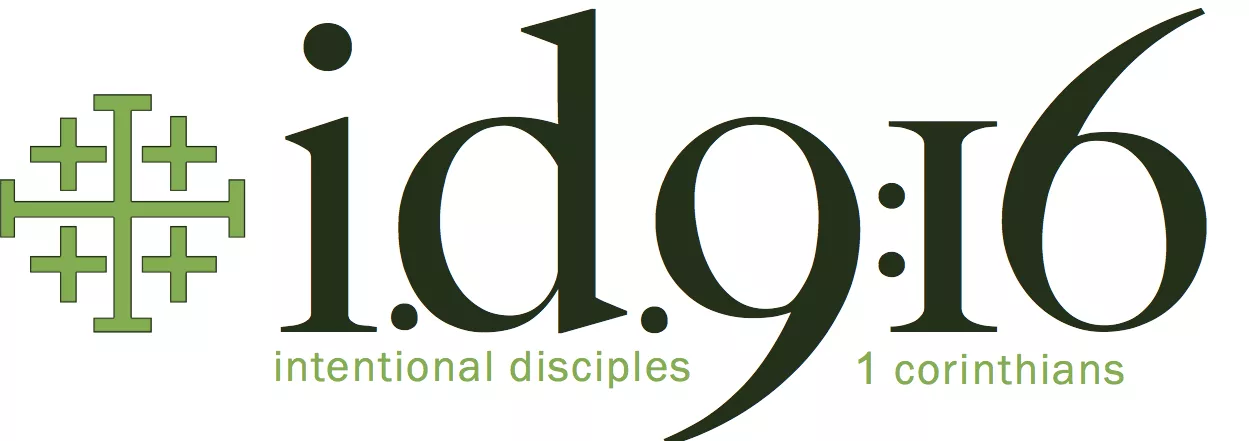In the last post we talked about the importance of letting the Lord lead us into darkness and suffering in the spiritual life. In terms of the ‘theory’ of all this, most Catholics know it pretty well. We are often taught about redemptive suffering. But, we also slip into an opposite kind of temptation: to view suffering as an end.
The Christian must not only accept suffering: he must make it holy. Nothing so easily becomes unholy as suffering.
Merely accepted, suffering does nothing for our souls, except, perhaps, to harden them. Endurance alone is no consecration. True asceticism is not a mere cult of fortitude. We can deny ourselves rigorously for the wrong reason and end up by pleasing ourselves mightily with our self-denial.
Suffering is consecrated to God by faith – not by faith in suffering, but by faith in God. To accept suffering stoically, to receive the burden of fatal, unavoidable, and incomprehensible necessity and to bear it strongly, is no consecration.
Some men believe in the power and value of suffering. But their belief is an illusion. Suffering has no power and no value of its own. It is valuable only as a test of faith. What if our faith fails in the test? Is it good to suffer, then? What if we enter into suffering with a strong faith in suffering, and then discover that suffering destroys us?
To believe in suffering is pride: but to suffer, believing in God, is humility. For pride may tell us that we are strong enough to suffer, that suffering is good for us because we are good. Humility tells us that suffering is an evil which we must always expect to find in our lives because of the evil that is in ourselves. But faith also knows that the mercy of God is given to those who seek Him in suffering, and that by His grace we can overcome evil with good. Suffering, then, becomes good by accident, by the good that it enables us to receive more abundantly from the mercy of God. It does not make us good by itself, but it enables us to make ourselves better than we are. Thus, what we consecrate to God in suffering is not our suffering but our selves. (Thomas Merton)
This is a helpful re-orientation, isn’t it?
Only the sufferings of Christ are valuable in the sight of God, who hates evil, and to Him they are valuable chiefly as a sign. The death of Jesus on the Cross has an infinite meaning and value not because it is a death, but because it is the death of the Son of God. The Cross of Christ says nothing of the power of suffering and death. It speaks only of the power of Him who overcame both suffering and death by rising from the grave…
Suffering, therefore, can only be consecrated to God by one who believes that Jesus is not dead. And it is of the very essence of Christianity to face suffering and death not because they are good, not because they have meaning, but because the Resurrection of Jesus has robbed them of their meaning. (Thomas Merton)
Thus, let’s hold both of these truths in our hands: 1) the central importance of suffering and darkness in the spiritual life, 2) not making suffering an idol (i.e. an end in and of itself). How do we combine these seemingly conflicting truths? By focusing our vision on the face of Jesus.
Joey McCoy
Latest posts by Joey McCoy (see all)
- Power In His Name - April 19, 2016
- An Open Letter To Intentional Disciples - April 12, 2016
- Straining Too Hard In The Spiritual Life - April 7, 2016

